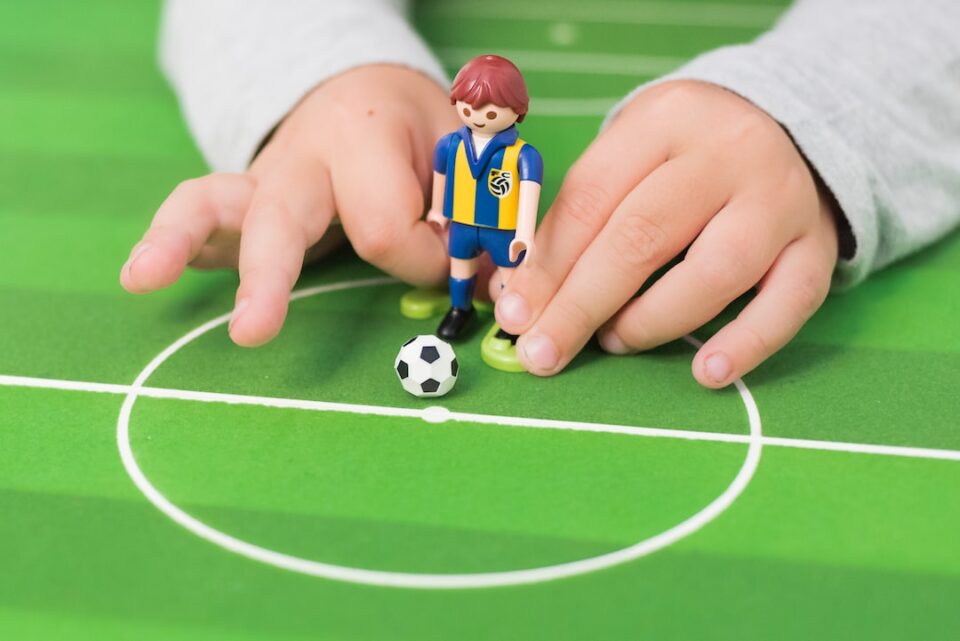How Gaming Benefits Education: The Integration of Games in Learning
In recent years, gaming has become an integral part of many students’ lives. From traditional console games to online multiplayer experiences, the gaming industry has evolved and expanded to fit the needs and interests of a diverse audience. Contrary to popular belief, gaming is not solely a form of entertainment. When utilized effectively, video games can have numerous educational benefits and greatly enhance the learning experience.
One of the main advantages of integrating games into education is the level of engagement they foster. Traditional learning methods often struggle to captivate students, leading to disinterest and a lack of motivation. By incorporating elements from the gaming world, educators can create an environment that is both exciting and stimulating for students. This involvement can enhance their focus and keep them more actively involved in the learning process.
Additionally, video games can enhance problem-solving skills. Many games require players to think critically in order to advance through various levels or complete objectives. This type of gameplay necessitates strategic thinking, adaptability, and the ability to analyze and solve complex problems. When students are taught how to approach challenges within a game, they can begin to apply these skills to real-life situations. Whether it be solving mathematical equations or navigating social issues, the problem-solving skills developed in gaming can benefit students across various subjects and scenarios.
Moreover, video games promote creativity and imagination. Many games, such as Minecraft or LittleBigPlanet, encourage players to build and create their own virtual worlds. This type of gameplay taps into a student’s imagination and allows them to express their creative ideas in a safe and controlled environment. By fostering creativity through gaming, educators can encourage students to think outside the box and explore new ideas. This can be particularly beneficial in subjects such as art, design, and even writing, where creativity is highly valued.
Furthermore, gaming can improve collaboration and cooperation skills. Many modern games are designed to be played in a team or multiplayer setting. These games encourage players to communicate, strategize, and work together to achieve a common goal. Through cooperative gameplay, students can learn essential interpersonal skills, such as teamwork, communication, and compromise. These skills are not only beneficial in the gaming world but also in real-life situations, such as group projects or workplace collaborations.
Additionally, video games have the potential to enhance learning through the use of interactive simulations or virtual reality experiences. These tools can be incredibly immersive and provide students with hands-on learning opportunities that would otherwise be difficult to access. For example, medical students can use virtual reality simulators to practice surgeries, or history students can explore ancient civilizations through interactive simulations. By providing these realistic and interactive experiences, gaming allows students to engage with the subject matter on a deeper level, resulting in a more meaningful and memorable learning experience.
It is worth noting that gaming can also have positive effects on mental health and well-being. Contrary to the belief that gaming is a solitary and isolating activity, many modern games encourage social interaction and community building. Online multiplayer games, for instance, provide a platform for students to connect with others who share similar interests and form friendships. This sense of belonging and social support can greatly contribute to a student’s overall well-being and mental health, ultimately creating a positive learning environment.
Despite the numerous benefits gaming offers in education, it is important to strike a balance between screen time and other activities. While gaming can be an effective tool, it should not replace traditional teaching methods and activities. Rather, it should be seen as an additional resource to supplement and enhance the learning experience.
In conclusion, the integration of games in learning has the potential to revolutionize education. From increased engagement and problem-solving skills to fostering creativity and collaboration, the benefits of gaming are vast and impactful. By harnessing the power of gaming, educators can create a more interactive and effective learning environment, ultimately preparing students for the challenges and opportunities of the future.

